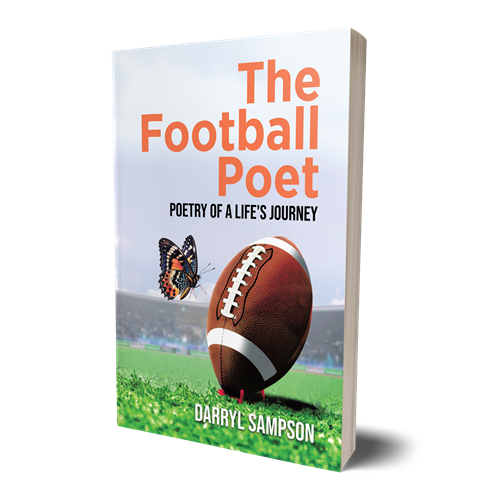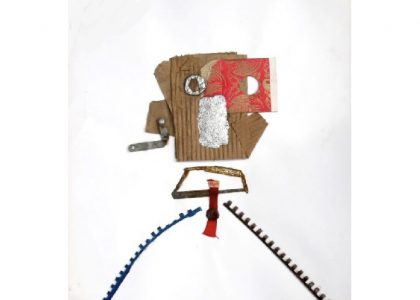From Football to Poetry: October’s Author of the Month, Darryl Sampson
Learn about his creative process, reflections on life after sports, and the values driving his work with Yonge Street Mission and Finintel Coaching.
I have always felt that responsibility to give back to the community that I live in what they have given to me.
Darryl Sampson
Darryl Sampson, a former defensive back for the Winnipeg Blue Bombers, has had an illustrious career marked by multiple Grey Cup victories and all-star recognition. After stepping off the field, Darryl has taken on new challenges as a coach, an accountant, and, now, an author. In this exclusive interview, he opens up about his journey from the football field to poetry, the lessons he’s learned from a life of sport, and how his passion for teamwork and giving back continues to shape his work today.

You had an impressive career with the Winnipeg Blue Bombers, winning multiple Grey Cups and earning all-star recognition. How did those experiences on the field shape your approach to life after football?
The experiences of my career as a professional football player and the accomplishment of achieving the highest recognitions in the sport taught me that diligent and focused work habits pay off in the long run. It takes perseverance and determination to continue to do something repeatedly until you perfect your craft. It has taught me to stay in the game of life and not give up or I will miss the good things at the end of the tunnel.
You’ve transitioned from professional athlete to coach, and you’re now an author. What inspired you to write poetry, and when did you begin?
I began journaling and scrapbooking in my last year of high school at age 17 to keep track of events in my life because I was involved in many athletic endeavours, and I did not want to miss the things that were happening. In that same year, I took an English literature class and was exposed to the works of Margaret Atwood, F. Scott Fitzgerald, Arthur Miller, and others. I became fascinated by the beauty of their writings. In my journaling, I began writing my thoughts, feelings, insights, and events in poetry, imagining that I could write as these literary giants ever since.
You mention that your poetry is about unbridled expression and laying your passion bare. Can you talk about the creative process behind this work and how it reflects your journey?
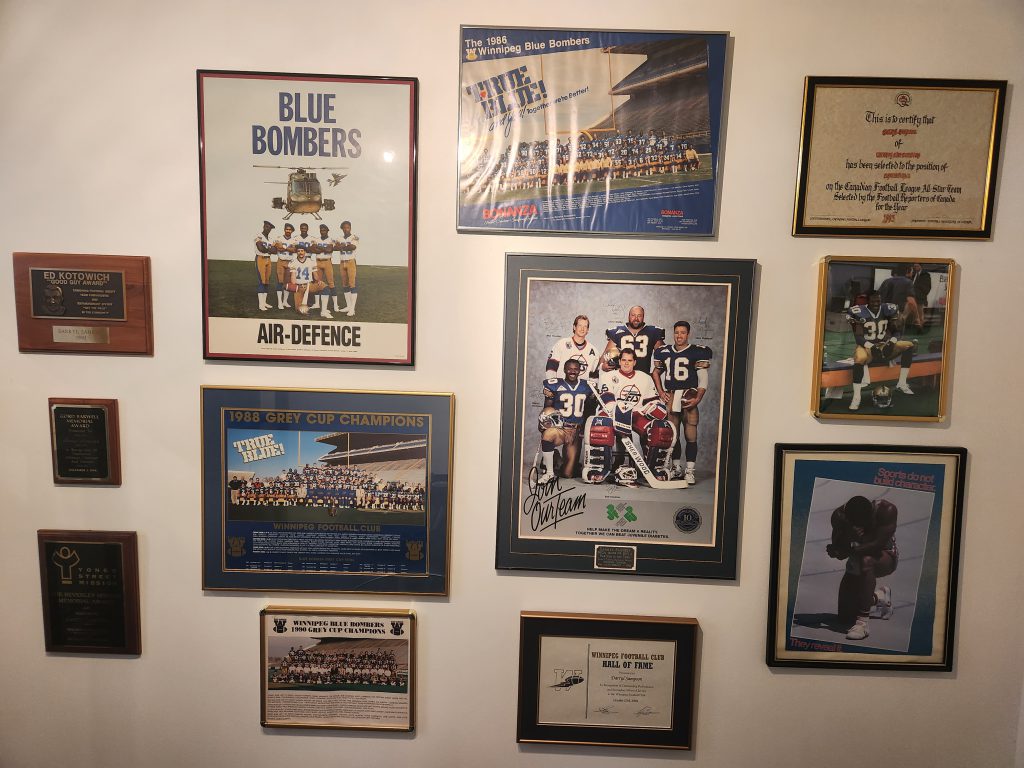
I found through playing sport that, to be the best at what you do, you have to put yourself and your passion on the line, to fail and live in that moment of the passion, to fuel your drive and determination to do things differently from everyone else. I find that when I am writing I am baring my soul, mind, and heart to failure to be able to express the passion I am experiencing, as I did when I participated in athletics. This process is about taking in all the stimuli and allowing it to change me before I am ready to release it on paper, and allowing that release to be organic and not forced.
You’ve worn many hats: athlete, coach, accountant, and now poet. How has each role contributed to your overall identity, and do they influence your writing?
Regarding the many hats, most people see me as one or the other when they meet me because of the nature and disciplines of each role. But early in high school I realized I was very adaptable to learning things quickly and executing on them. So, I developed a mindset to continually be prepared to learn something new and be prepared to utilize it when needed. I am always absorbing information, thinking at some point it will be used in my writing.
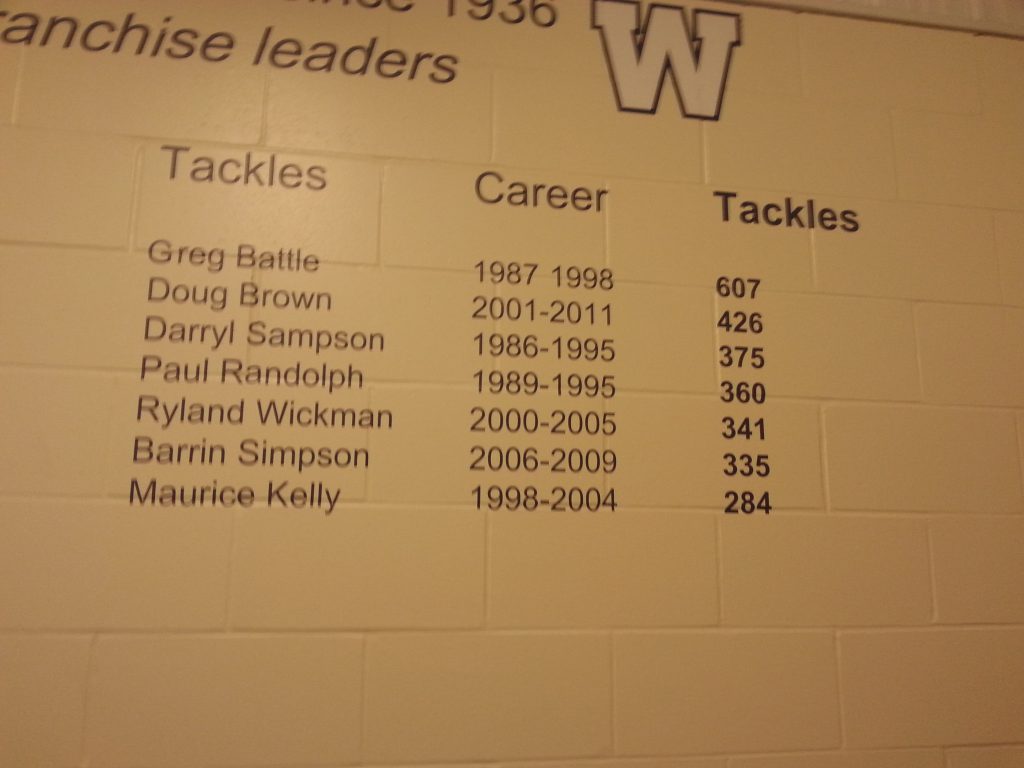
As a defensive back for the Bombers, you often operated in the shadows of other well-known players. Did that influence your outlook on teamwork, and how do you reflect on your contribution to the team’s success today?
This is about a reflection on my personality. I looked at playing sport and my life as an opportunity to help others and support them to be the best they can be. I always had confidence in my ability to play the game. I just wanted to make sure that my teammates knew I had their backs, and that as a team we can be the best we can be. The one Blue Bombers team statistic that speak volumes about this for me is that I am the second all-time total defensive tackles leader in the history of the football club.
Winning the Ed Kotowich Good Guy Award is a significant honour. How important is it to you to give back to the community, and how does that value show up in your current work with the Yonge Street Mission?
As an athlete, you are given a tremendous platform that provides you an opportunity to make a difference in someone’s life. It is a platform that should not be taken for granted because it has taken many hands and supporters to make it happen. We are entrusted with a gift that can be shared with many people that bring hope, inspiration, and pride in building something together. I have always felt a responsibility to give back to the community that I live in what it has given to me. I was able to do this as a player and coach in Winnipeg. Now, I live that out through my work as an accountant with the Yonge Street Mission, and in my financial business, Finintel Coaching.
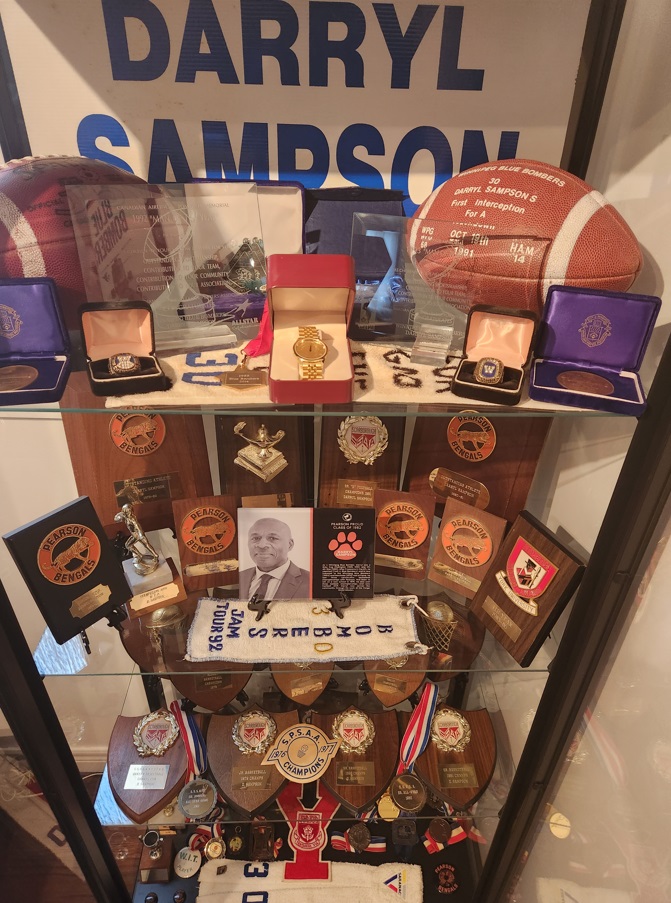
You’ve spent time coaching at both York University and with the Winnipeg Blue Bombers. How has this influenced your perspective on the game, and what lessons do you aim to impart to younger players?
Playing the game and coaching the game are two distinct functions. A player is focused on executing his skills at the highest level within the team structure. A coach is focused on ensuring that all players are placed in the best position to execute their skills at the highest level. Playing the game is an internal process of preparing oneself. Coaching the game is an external process and is always evolving. Coaching has taught me to look at things differently and to envision things three or four steps ahead in anticipation of any decision. I coach and teach young players not to have tunnel vision, but to use their vision to anticipate what is ahead and have a plan on how to respond when facing the challenge in front of them.
Many athletes struggle with the transition from sports to life after retirement. What advice would you give to athletes who are looking to reinvent themselves, as you’ve done with coaching and writing?
I faced this struggle when I was retiring. After an eleven-year professional career of poured every portion of your being into something, and now you must exit it immediately, is a life-altering experience. The thing that gave me a footing to start back in regular life was my commitment to stay current on learning new things so I would not be behind the curve. My advice is not to be stagnant on learning or education and to have some form of plan in writing, or placed into action, before retiring. I am again making a transition journey in my life from an accountant to a financial coach, running Finintel Coaching.
